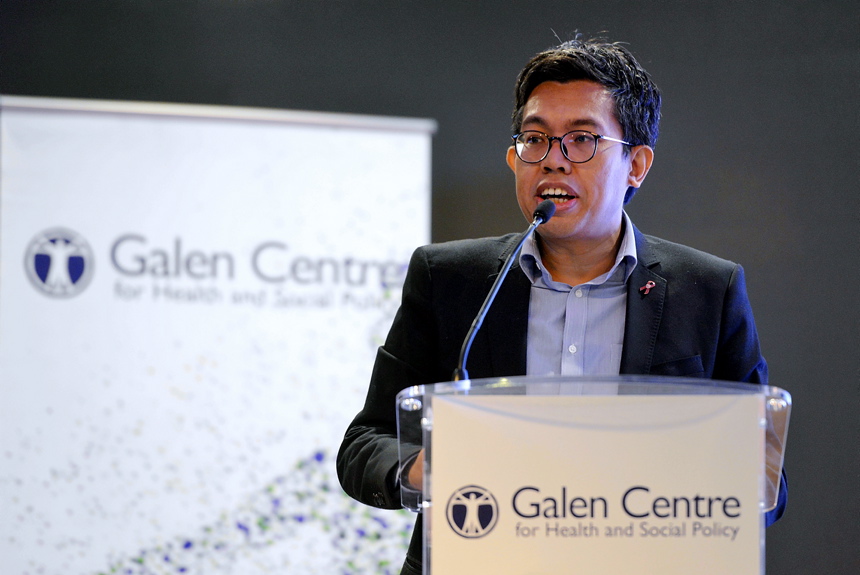KUALA LUMPUR, Nov 6 — Galen Centre for Health and Social Policy today called for the government to review the allocations for health under Budget 2021, specifically to include a focus on non-communicable diseases (NCDs).
Its chief Azrul Mohd Khalib said while Budget 2021 may demonstrate the government's priority in dealing with the Covid-19 situation in the country, this would risk neglecting other NCDs.
“The diversion of resources and cuts to fund Covid-19 response now threatens to have a significant negative impact on responses towards NCDs such as cancer, kidney disease, and cardiovascular diseases.
“For example, it is shocking to see that the allocation for cancer has been drastically reduced from RM328.7 million in 2020 to RM136.4 million.
“Even nephrology suffered a massive reduction,” he said in a statement today.
He warned that the government cannot afford to look at one crisis at a time by dealing with cancer and chronic kidney disease after they are done with Covid-19.
“Suffering could increase and lives will be lost due to insufficient resources for treatment and care.
“During the Covid-19 epidemic, we are at risk of leaving people behind, and making them more vulnerable than ever before,” he said.
Before Covid-19 hit the country, Azrul said Malaysia was already living through one crisis.
“Due to the interventions related to Covid-19 such as the movement control order, the incidences of various NCDs are expected to worsen and increase.
“New and increased funding, not less, should be invested into the prevention, treatment and management of these diseases, particularly health literacy.
“Yet, we see that the proportion of the health budget is actually more or less the same compared to this year,” he said.
He added that it was shocking that the allocations related to public health were found to have been reduced across the board.
“Public health is the most important aspect of our healthcare system right now and we need it to be strengthened.
“More than ever before we need to protect the public healthcare system which provides high quality, accessible and affordable services. We cannot take it for granted,” he said.



















